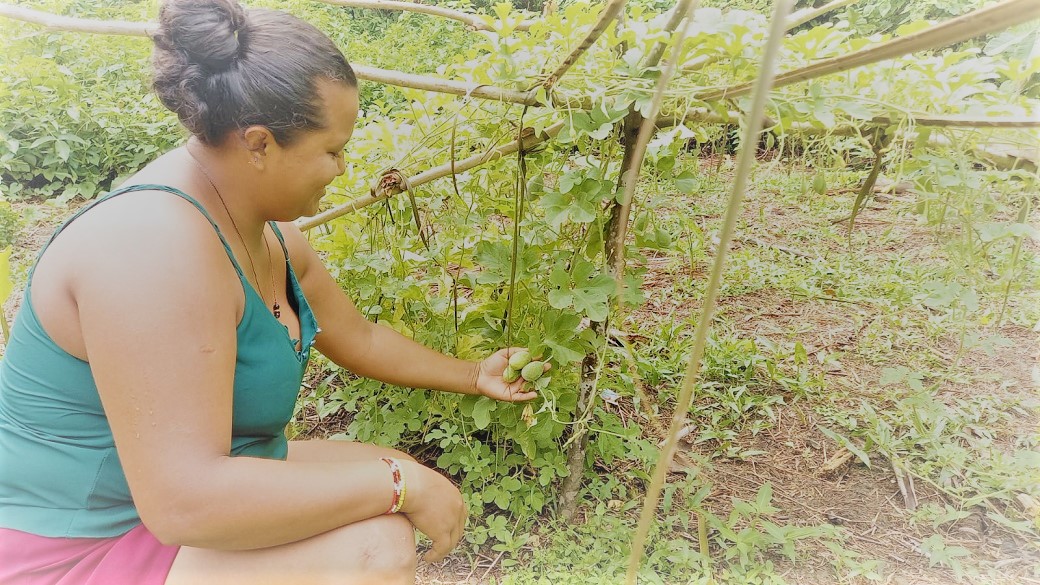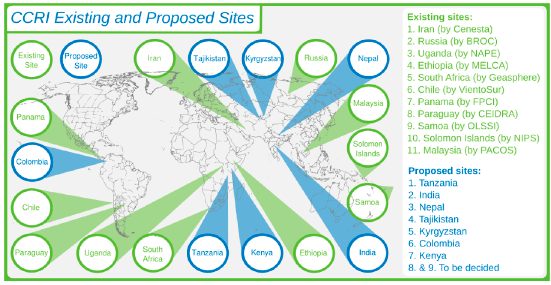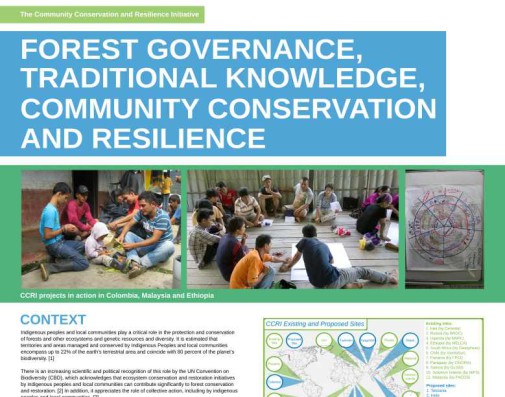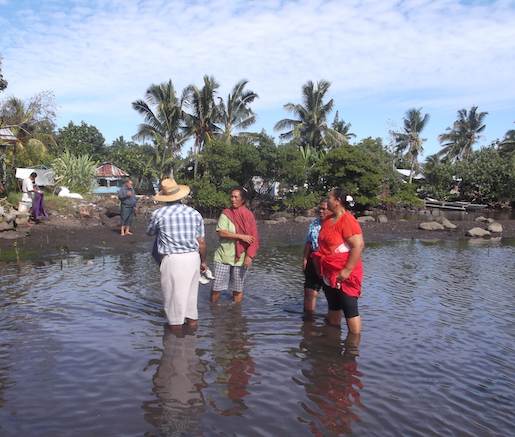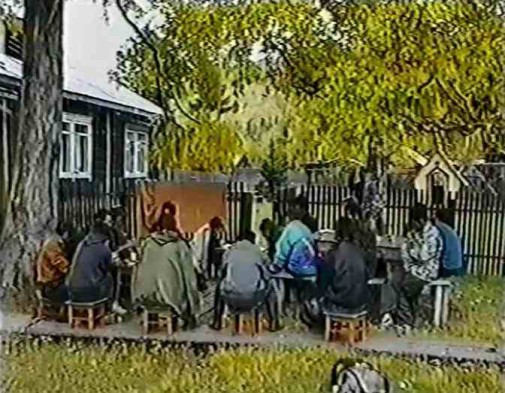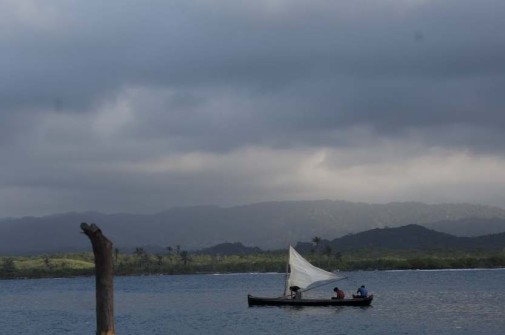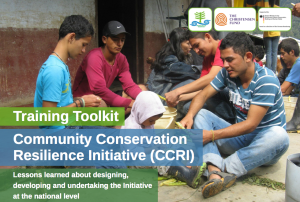News and Materials
GFC in Durban – Media Advisory
The Global Forest Coalition (GFC) is in Durban, South Africa from 31 August – 11 September to defend forests and forest communities from timber monoculture plantations and to promote alternatives including community conservation. GFC will have a global conference on community conservation, participate at the Civil Society Alternative Programme and will bring messages of the communities at the UN World Forestry Congress. Kindly access our press kit.
You can also find our delegates available for interviews.
Map of Community Conservation Resilience Initiative (CCRI) sites
Community Conservation Resilience Initiative (CCRI) Preliminary Report
You can view or download the CCRI preliminary reports here:
You can view or download the CCRI presentations here:
Uganda
South Africa
Solomons
Samoa
Russia
Paraguay
Panama
Iran
Ethiopia
Chile
GFC Posters for the World Forestry Congress 2015
Here are Global Forest Coalition’s posters that we have submitted for exhibit at the XIV World Forestry Congress that will take place from 7 – 11 September in Durban, South Africa. The poster highlights the scope of the Community Conservation Resilience Initiative (CCRI), livestock and bioenergy issues. See the sneak peek and download them here
Report from the Community Conservation Resilience Initiative (CCRI) Workshop in Solomon Islands
The Solomon Islands, a Melanesian archipelago comprised of hundreds of islands dotting the waters between Papua New Guinea and Vanuatu, is one of the 20 countries undertaking the CCRI. The Network of the Indigenous Peoples-Solomons (NIPS) is facilitating the process and focusing in the first instance on two communities: Fera Subua and Sulufou in northeast Malaita, Malaita province. The people of Fera Subua and Sulufou face internal and external challenges such as burgeoning populations and high costs of living, land disputes, conflicts between customary and national laws, declining recognition of traditional leadership and governance systems, and the influence of Western lifestyles. Sea level rise is one of the biggest threats to community resilience, as it negatively affects farming and is expected to force coastal communities to relocate to inland areas. Read more here…
Report from the Community Conservation Resilience Initiative (CCRI) Workshop in Russia
The indigenous Udege people, one of 48 indigenous peoples in Russia, inhabit the Ussuri taiga – temperate forest on the Sikhote-Alin mountains between the Sea of Japan and the Chinese border, running by the Ussuri river. This area contains the highest biodiversity in boreal Asia, including the endangered Siberian tiger (Panthera tigris) and many other rare species of fauna and flora. The entire Udege tribe includes around 2,500 people, spread over the Primorsky and Khabarovsky administrative territories in the Russian Far East (RFE). Most of them live in about 20 legal entities known as ‘obschina’ (indigenous or tribal communes). Their traditional areas, occupied over the centuries by Manchurians and then Russian Cossacks, now face rapid expansion of logging, hunting, salmon fishing, mining and industrial development. Read more here…
Report from the Community Conservation Resilience Initiative (CCRI) Workshop in Panama
The Kuna are indigenous peoples who reside in different parts of Panama and the north of Colombia but most of them live in the Indigenous Region of Kuna Yala, many in small and scattered islands. In 1925 and after the Kuna Revolution, the Panamanian government recognised their rights to self-governance and autonomy to manage their lands and territories, this being a quite unique situation among indigenous peoples in Latin America. Read more here…
Community Conservation Resilience Initiative (CCRI): Training Toolkit
The aim of the Community Conservation Resilience Initiative (CCRI) is to contribute to the implementation of the CBD’s 20112020 Strategic Plan and Aichi Targets by providing policy advice on effective and appropriate forms of support for community conservation. The project will document and review the findings of bottomup, participatory assessments in at least 20 countries (including Samoa, Solomon Islands, Russia, Iran, Uganda, South Africa, Ethiopia, Panama, Chile and Paraguay) of the resilience of community conservation initiatives and the support that should be provided to strengthen these initiatives. The results of the assessments will be widely disseminated and fed into the deliberations of the Convention on Biological Diversity and related international policy processes through an active outreach and advocacy campaign. The project will run until April 2019.
Download the CCRI Toolkit here.
Community Conservation Resilience Initiative: Methodology
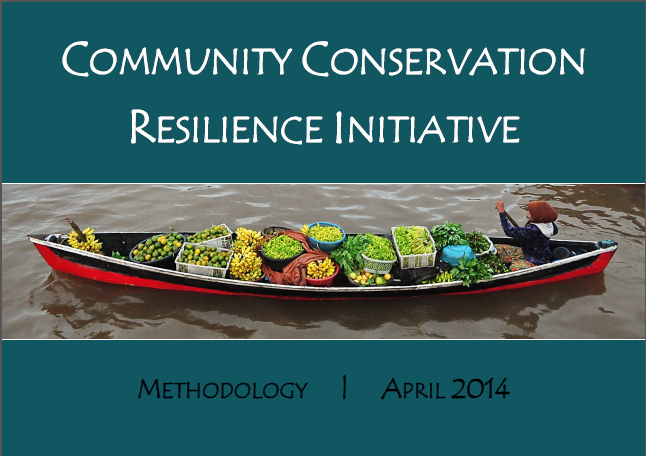 The Community Conservation Resilience Initiative was established by an informal alliance of national and international Indigenous Peoples’ organisations, nongovernmental organisations and social movements that shared a joint belief in community stewardship, governance and rights-based approaches to biodiversity and ecosystem conservation and restoration. The goal of the Initiative is to sustain and strengthen the resilience of community conservation practices, including Indigenous Peoples’ and community conserved territories and areas (ICCAs), in light of existing or potential external and internal threats.
The Community Conservation Resilience Initiative was established by an informal alliance of national and international Indigenous Peoples’ organisations, nongovernmental organisations and social movements that shared a joint belief in community stewardship, governance and rights-based approaches to biodiversity and ecosystem conservation and restoration. The goal of the Initiative is to sustain and strengthen the resilience of community conservation practices, including Indigenous Peoples’ and community conserved territories and areas (ICCAs), in light of existing or potential external and internal threats.
Download the CCRI Methodology here

